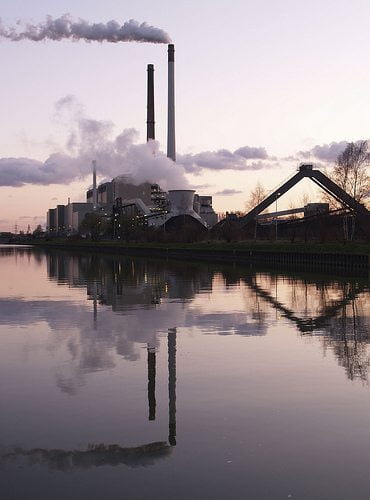

Environment
‘Safe’ pollution levels can amplify lung cancer and heart failure risks
Air pollution from traffic exhaust fumes can cause lung cancer and heart failure, according to two reports published on Tuesday.
Levels of pollution lower than those said to be safe by the EU can still increase the risk of lung cancer, say the researchers.
They report that the risk rose 18% for every extra five micrograms of soot per cubic metre of air. The study, using data from nine European countries, shows that pollution can raise even a non-smoker’s risk of cancer.
Lung cancer is the most common cause of cancer death in the UK, according to Cancer Research. It killed almost 34,900 people in 2010.
In 2008, it is estimated to have killed more than 250,000 people in the whole of the EU.
The second study, funded by the British Heart Foundation, claims that for every 10 micrograms per cubic metre of air, the risk of suffering from heart failure increases by 2% .
According to the World Health Organisation, there were an estimated 1.3m new cases of heart failure in Europe in 2004.
It has also been reported this week that air pollution levels in China have been linked to shortened life expectancy. Meanwhile, last month, air pollution levels in Singapore smashed through a number of records, raising concerns over the risks to citizens.
The reports claim that even reducing air pollution by a small amount could help save thousands of lives every year.
Further reading:
Climate change aside, we’re harming our children with dirty energy
Coal pollution in China ‘reduces life expectancy’
Forest burning causes air pollution in Singapore to hit record levels
East London has four of five most polluted streets in the capital
Climate change? Let’s talk about…


 Features11 months ago
Features11 months agoEco-Friendly Cryptocurrencies: Sustainable Investment Choices

 Energy11 months ago
Energy11 months agoThe Growing Role of Solar Panels in Ireland’s Energy Future

 Energy10 months ago
Energy10 months agoGrowth of Solar Power in Dublin: A Sustainable Revolution

 Energy10 months ago
Energy10 months agoRenewable Energy Adoption Can Combat Climate Change




























